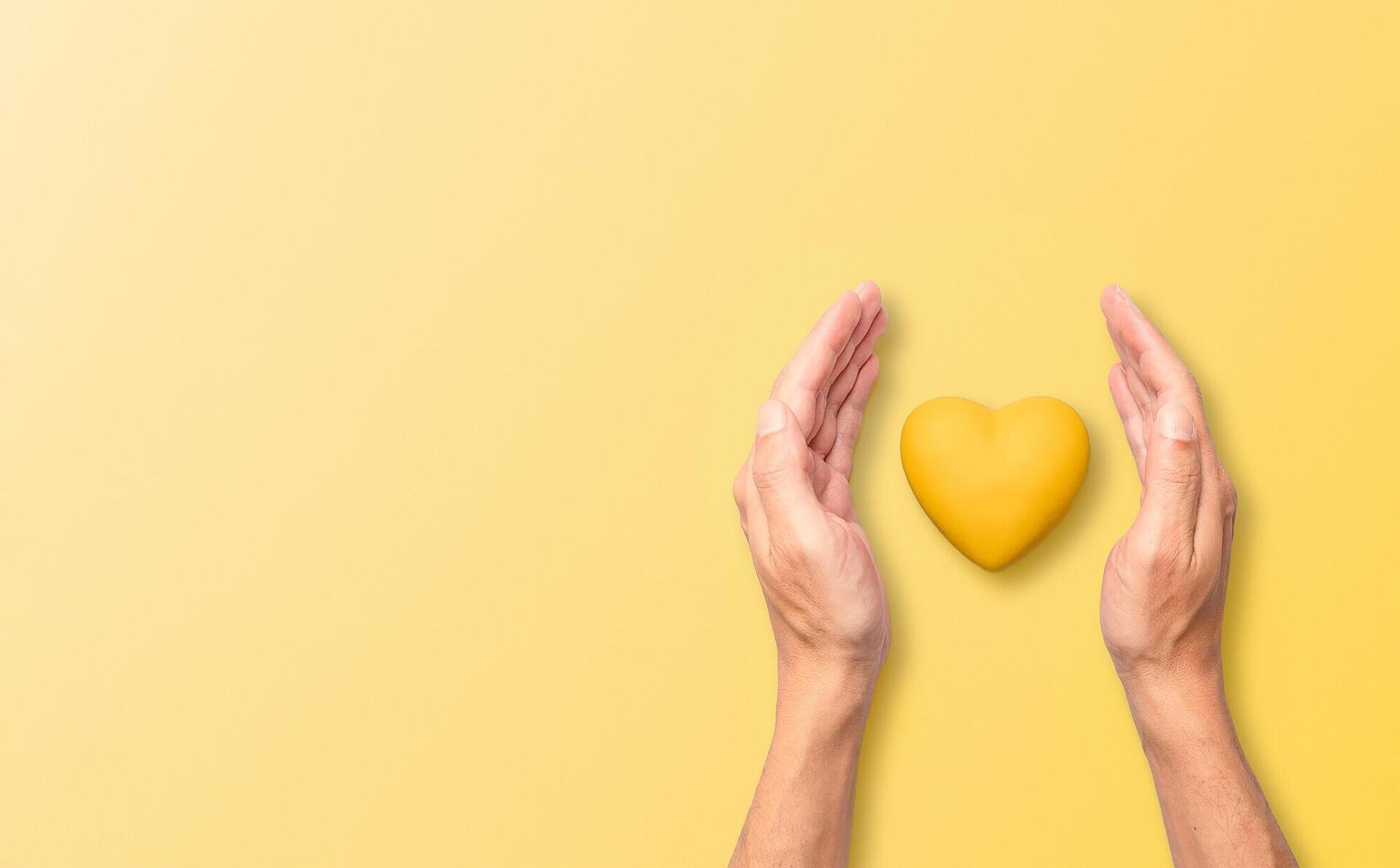
Suicide Prevention/Interview
The topic of death is never an easy subject to consider. Discussing death caused by suicide is even more taboo and is not often found in daily conversation. However, in 2014 the CDC (Center for Disease Control) reported that there were over 42,000 deaths contributed to suicide. That’s 117 lives a day, an average of 1 person every 12 minutes, just for that one year. In the U.S alone there are over one million suicide attempts annually and it is the second leading cause of death for ages 15 to 24. And those stats are from a pre-COVID world! The world is still treading through the wake that 2020 and the global pandemic left us with, not only the physical causalities but the intense effect on mental health that we will be seeing for years to come.
Clearly, mental health and the plague of suicide is something that needs to be discussed.
On the Brain Lady Speaks podcast, our Brain Lady Julie interviewed Sarah, a family survivor of suicide. Her brother suffered from depression and anxiety which cumulated in him committing suicide in October of 2012. She now helps others learn how to be proactive in helping those who suffer from clinical depression.
Sarah helps to bring awareness to decrease the stigma surrounding suicide and is helping it become something people talk about more openly. We as a community are willing to talk about cancer or diabetes but we don’t talk about depression and mental illnesses as readily. We often discuss what medications we’re on for high blood pressure or diabetes but find it shameful to admit we take anti-depressant or anti-anxiety medicine. This needs to change as silence is a large part of the problem.
Sarah and her family had so many questions after losing her brother but quickly found help from The American Foundation for Suicide Prevention and in turn now help to educate others. For the survivors, it’s important to know how to care for and deal with the loss. There will be grief, likely a feeling of letting your loved one down, disbelief, feeling that there was something more you should have done, shock, and living with unanswered questions that you will never have the answers to.
It’s important for survivors to connect with other people who have suffered this same loss, such as within a support group. Therapy for yourself is also an option, everyone grieves differently but it is often helpful to speak with a professional.
To help prevent these devastating situations it’s important to remember that people want to stay alive and they often look for opportunities to invite people in to help them. There are signs, cries for help, saying things like “everything will be okay soon” or “it will be over soon.” If you fear for someone you love, use empathy and tact and simply ask if they are contemplating suicide. If they are, be as nonjudgmental as possible, listen, make sure they know you want to help, help them find the proper assistance and know that you can’t take it on by yourself, they most likely need professional help. Don’t avoid those who cry for help, be there, hold their hand and don’t dismiss them as being dramatic or needy.
Help is available, there is the suicide prevention hotline at (800) 273-8255, there are local groups and within the U.S you can always call 911.
~ Julie “Brain Lady” Anderson
